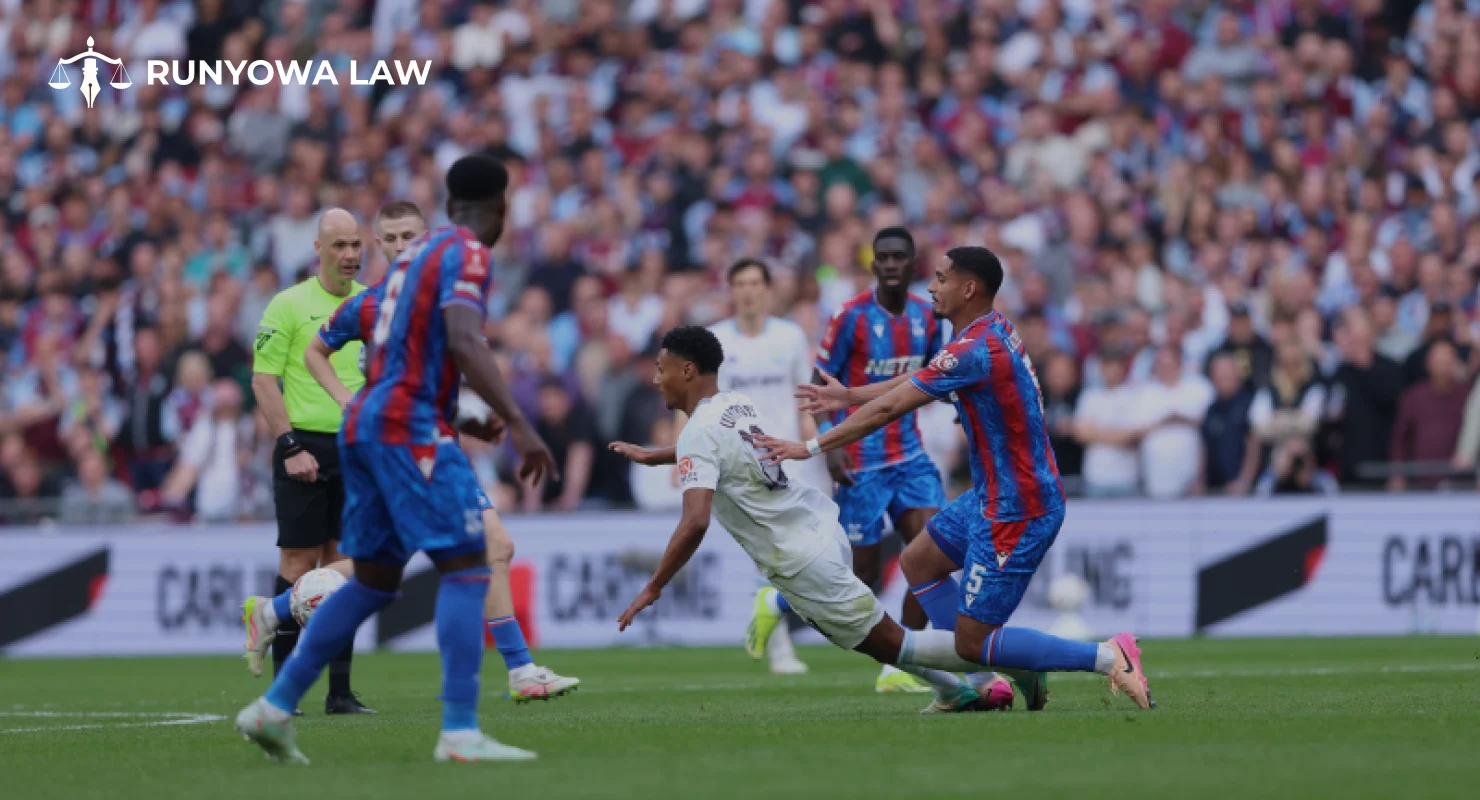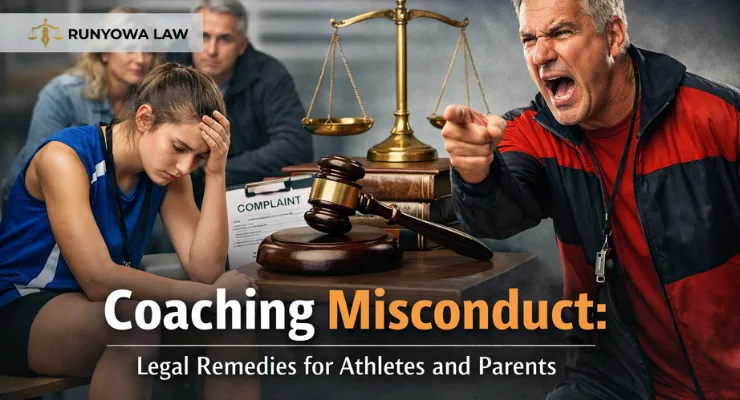Sports are meant to bring out the best in players — teamwork, discipline, and integrity. However, sometimes emotions, pressure, or poor judgment lead to sports misconduct, ranging from unsportsmanlike behavior to more serious violations like harassment, discrimination, or violence.
If you ever find yourself witnessing misconduct during a match or training session, knowing how to respond appropriately is crucial. Taking the right steps can protect the integrity of the sport, ensure accountability, and create a safer environment for all participants.
Here’s a detailed guide on what to do after witnessing sports misconduct — whether you’re a player, coach, official, or spectator.
1. Stay Calm and Assess the Situation
The first and most important step is to stay composed. Sports misconduct can be emotional, especially when it involves aggression or unfair treatment. Before reacting, take a moment to observe what’s happening and assess the severity of the incident.
Ask yourself:
- Is anyone in danger or physically harmed?
- Is the misconduct verbal, physical, or ethical?
- Does the situation require immediate intervention?
Remaining calm allows you to think clearly and take responsible action rather than reacting impulsively. If the misconduct is violent or poses a safety risk, seek help from security, referees, or event officials immediately.
2. Do Not Engage in Confrontation
It might be tempting to step in or confront the person responsible for the misconduct, but doing so can escalate the situation. Avoid direct confrontation unless you are trained or authorized to intervene, such as a referee or coach in charge.
Instead, focus on gathering information and ensuring that the affected individuals are safe. If the misconduct involves threats, discrimination, or violence, maintain a safe distance and inform authorities or event organizers right away.
3. Document What You Saw
Once the situation is under control, it’s important to document everything you witnessed. Detailed and accurate information helps governing bodies or organizations conduct fair investigations.
Record details such as:
- Date, time, and location of the incident
- Names or jersey numbers of those involved
- Type of misconduct (verbal abuse, cheating, violence, harassment, etc.)
- Witnesses present
- Any photos or videos, if available and appropriate
Remember to remain factual — avoid assumptions or exaggerations. Documentation should reflect exactly what you saw and heard.
4. Report the Misconduct to the Appropriate Authority
After documenting, the next step is to report the misconduct. The reporting channel depends on the level and context of the sport. For example:
- In school or college sports, report to the coach, athletic director, or school administration.
- In professional leagues, contact the governing body, ethics committee, or disciplinary panel.
- In community sports, notify organizers or event coordinators.
If the misconduct involves criminal behavior (such as assault, harassment, or discrimination), it may also need to be reported to law enforcement.
When filing the report, include all documented details and any supporting evidence. Be honest and objective in your account.
5. Support the Victim or Affected Parties
If someone was targeted or harmed during the misconduct, they might feel anxious, embarrassed, or unsafe. Your empathy and support can make a huge difference.
- Offer emotional support by listening to them without judgment.
- Encourage them to speak with officials or counselors.
- Avoid spreading rumors or discussing the incident publicly.
If you’re in a leadership position (such as a coach or team captain), ensure that the victim feels protected from retaliation and that follow-up action is taken to maintain a safe environment.
6. Cooperate During the Investigation
Once a report is made, an internal or external investigation may follow. Be prepared to cooperate fully with investigators or disciplinary bodies. Provide factual testimony, submit evidence, and respond to inquiries honestly.
Maintaining transparency helps ensure that the process is fair and that the right measures are taken against the misconduct. Avoid discussing the case on social media or with others until it’s officially resolved, as doing so can affect the investigation’s integrity.
7. Promote Awareness and Education
Sports misconduct often stems from a lack of awareness about ethical standards and acceptable behavior. After witnessing an incident, take the opportunity to promote education and awareness within your sporting community.
- Encourage training sessions on ethics, fair play, and respect.
- Advocate for clear codes of conduct and disciplinary guidelines.
- Support initiatives that emphasize mental health and sportsmanship.
By helping others understand the consequences of misconduct, you contribute to a more respectful and professional sporting culture.
8. Reflect and Learn from the Experience
Witnessing misconduct can be unsettling, but it also offers a chance for reflection. Consider what could have been done differently to prevent it and how you might handle similar situations in the future.
If you’re in a leadership or mentorship role, use this experience to strengthen policies, improve team communication, and reinforce positive values such as honesty, discipline, and respect.
9. Follow Up on the Outcome
After reporting, follow up with the responsible authority to understand what actions were taken. While investigations may take time, staying informed shows accountability and ensures that your concerns are not overlooked.
If the response seems inadequate or biased, consider escalating the matter to a higher governing body or ethics board.
Conclusion
Every athlete, coach, and fan shares a responsibility to uphold fair play and integrity. Sports misconduct, when ignored, erodes trust and damages the spirit of competition. By acting calmly, documenting facts, and reporting responsibly, you play a key role in ensuring that sports remain a safe, respectful, and inspiring space for everyone.
Whether it’s a local match or a professional event, remember: doing the right thing is the true mark of a sportsman. Standing up against misconduct not only protects others but also strengthens the values that make sports truly great.




